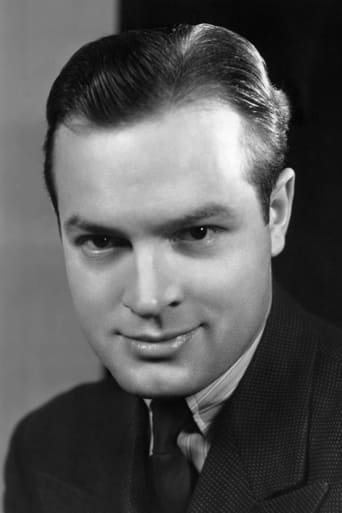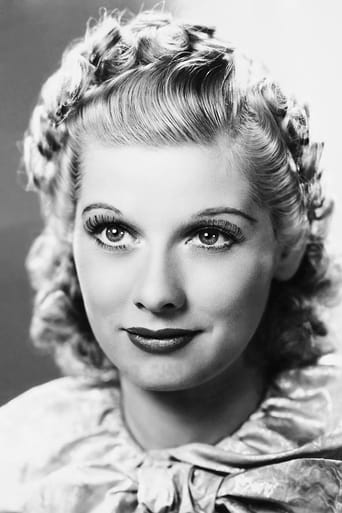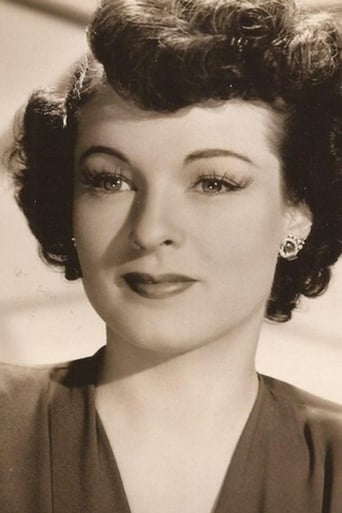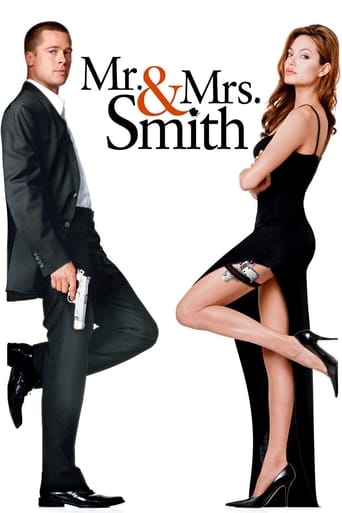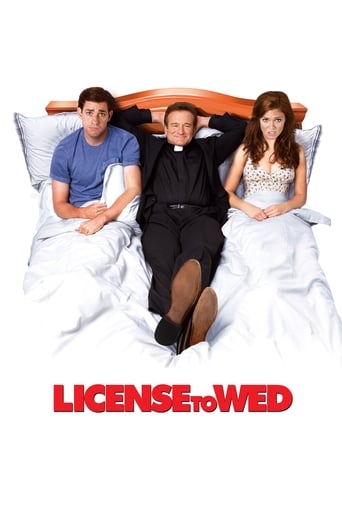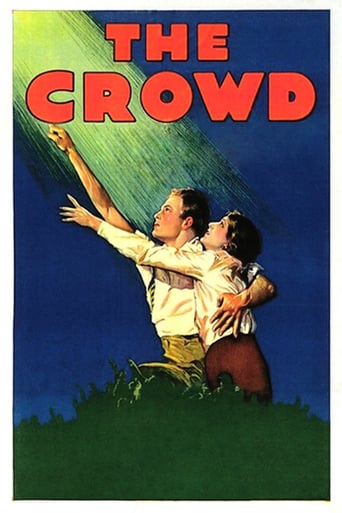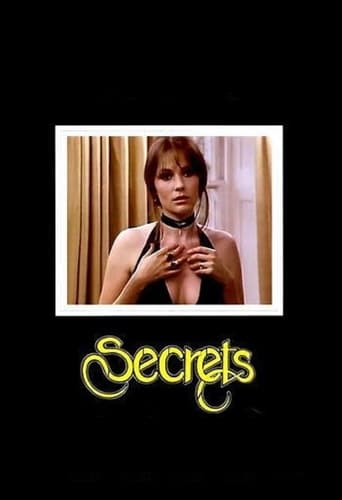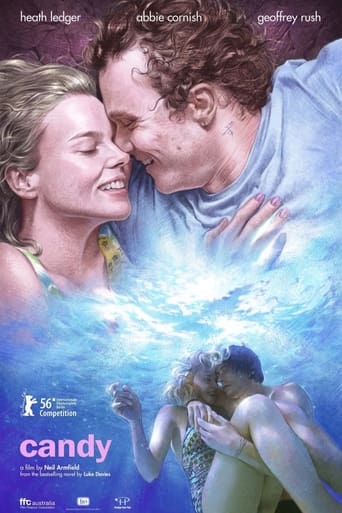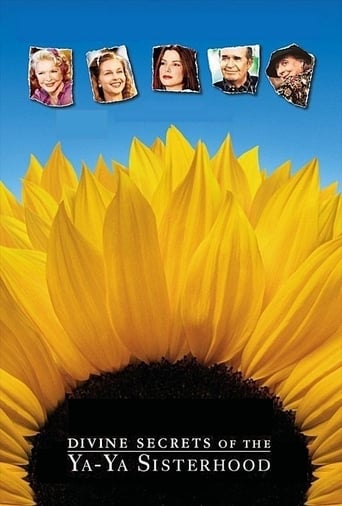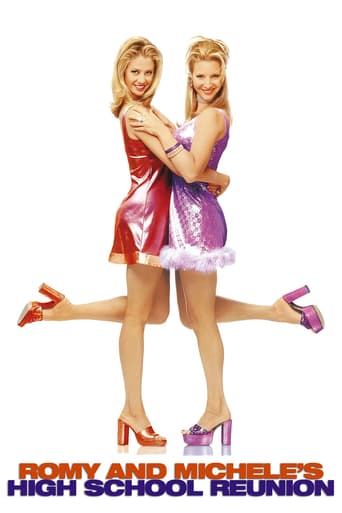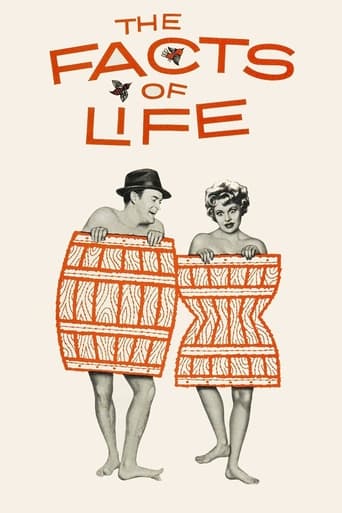

The Facts of Life (1960)
Middle-class suburbanites Larry and Kitty grow bored with their lives and respective marriages. Although each always found the other's manner grating, they fall in love when thrown together--without their spouses--on vacation. On returning home they try to break things off, only to grow closer. A holiday together will finally settle whether they should end their marriages.
Watch Trailer
Cast


Similar titles
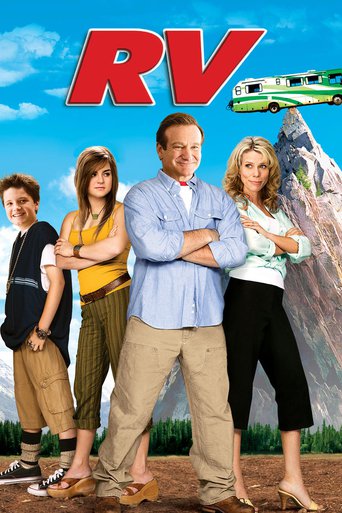
Reviews
Directed by Melvin Frank and written by Frank with Norman Panama, "The Facts of Life" is an adult love story that will surprise you. Frank & Panama are Bob Hope experts, multiple Oscar nominees and the creators of such classic comedies as "The Court Jester" and "Mr. Blandings Builds His Dream House".Kitty Weaver and Larry Gilbert are two perfectly nice suburbanites. If Kitty's husband (Don DeFore) seems a little preoccupied with work and his gambling habit, and Larry's wife (Ruth Hussey) a little too caught up with the kids - well, that's life. They have no thought of straying. They certainly have no thought of straying toward each other. However, Fate (in that way of hers) forces these two perfectly nice people to spend time together. Kitty discovers that "the jerk who tells the lousy jokes at the country club" is a genuinely warm and funny fellow. Larry sees a softer side to that stuck up Kitty. Love blossoms with the added complications of vows and conscience.How Larry and Kitty deal with their feelings, their need to be together and the realities of their lives is played out in a frank, touching and very funny manner. It is wonderful to see two actors who happen to be bona fide comic geniuses working together in such perfect sympathy. The humour of character and situation also involves some gut grabbing slapstick, and some quiet moments that will make you smile or sigh a sentimental sigh for two perfectly nice people.
Bob Hope and Lucille Ball have been happily married to their spouses for years but, accidentally thrown together for a few days, they improbably overcome their mutual dislike and fall for each other. Back in Los Angeles, they sneak into a drive-in for a bit of necking but are almost caught. They then attempt an assignation at a motel room in the Valley but a drunken Ball sends Hope out for some black coffee and he gets lost, so she gives up on him and takes a cab home. Still determined, they lunge at the opportunity to meet at a cabin in the woods near Monterey while their families are out of town. It's no use. The cabin's roof seems to be a colander, Ball unwittingly buys a rabbit instead of a chicken at the market, there is an argument, a pratfall into a mud puddle, and they realize they truly love their own families and resume their ultra-normal lives.It was written by Panama and Frank, the team that gave us the Road pictures with Bob Hope and Bing Crosby but, for whatever reason, they provide this film with only an occasional chuckle. Worse turkeys were ahead for Hope -- "I'll Take Sweden," "Boy, Did I Get a Wrong Number." The movie is imbued with something that almost amounts to an element of tragedy. This was released in 1960 and both Hope and Ball were beyond their prime, and here they are, stuck in a plot that has them acting like teenagers suffering from some sort of glandular condition. Of course their ages can't be blamed on them, and in fact Lucille Ball is pretty keen, but Hope is out of his element trying to wring laughs from such a sodden story.The story itself is a sad one. The point is that when you're stuck in a rut, you're REALLY stuck in that rut. The ruts we are witness to are boring and unfulfilling, thoroughly routinized. Hope and Ball return from Acapulco not only in love but filled with pride at the 350-pound marlin they caught. But when they try to tell their families, no one is interested. Ball's husband is buried in his morning newspaper and mutters "uhm"s from time to time, a weary cliché. Hope's situation is worse. He happily begins his fish story at breakfast but the two kids interrupt him each time by whining and complaining to their mother about wanting to be excused from gym period at school or staying overnight at a friend's house. Hope finally corners the man who picks up and delivers dry cleaning, and he responds, "Three hundred and fifty pounds, eh? A man down the block caught one that was 370." Poof.Hope and Ball never do get to spend the night together, or even an hour wrestling in the back seat. It's all very innocent. It reflects the values of the 1950s or even the 1940s, when adultery was an unforgivable sin and rebellion was smoking corn silk behind the barn. I'm sure more could have been done with it, but I'm not sure exactly what.
I was surprised by this film and the quality of work by its two stars. We always think of Lucy as goofy or screwy and Hope either swinging a golf club or playing wingman for Bing Crosby. Billed as a romantic comedy, Hope and Ball aim for the funny bone. But there are some serious adult issues raised. This tasty confection, made in 1960, I think is a lot of fun (though it could have been better paced and the contrivances are a bit much) and it has two terrific old pros at work in roles that you just wouldn't expect them to be in. Lucy looked pretty good when she got all dolled up. And Hope is ageless as ever. I thought they had some chemistry between them. Also includes Ruth Hussey, Louie Nye and Dom DeFore (Ozzie and Harriet's neighbor).
Unmerry marital mix-up amongst the country club set: bored society wife Lucille Ball finds herself inexplicably drawn to neighbor Bob Hope despite the fact they've been married to others for years. Melvin Frank comedy that doesn't so much expose the funny desperation of the Marital Blahs as it does tweeze it relentlessly (Frank is not the gentle sort of writer-director--he goes for the gut, much like Neil Simon). Ball is thoroughly up to the challenge of a sharp, brittle suburban comedy, but Frank has given old pal Bob Hope the same type of groaning witticisms he supplied him with back in the 1940s (Lucy: "You're a painter??" Bob: "What do you want me to do? Cut off my ear?"). Playing to the camera, referencing Francis X. Bushman and riffing on his own stand-up routine, Hope is the wrong actor for a sophisticated comedy about infidelity. Too bad, because Lucy does very well, the black-and-white cinematography is expressive, and occasionally the writing rises above smarminess to actually reveal something substantial and amusing about marriages in a rut. ** from ****


